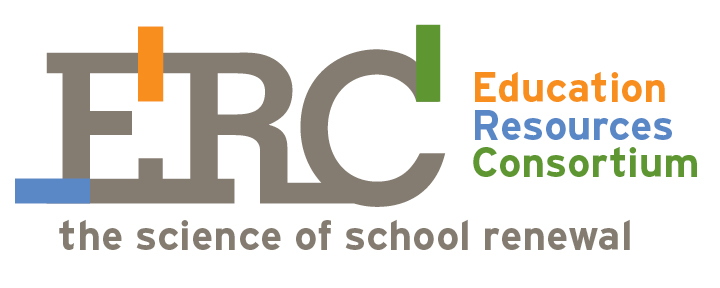The New Finland and ERC’s Re-Commitment to Innovation and School Re-Design
Larry Myatt
A lot of people are talking about the Finns these days. When it came to Finland, most people conjured up the home of the sauna, blondes in reindeer parkas, a steady, socialist-oriented, monochromatic society. But it also now happens that young people in that country are seemingly showing substantial benefits from their nation’s more recent educational approaches – good mental and emotional health extending into adulthood, high levels of employability at home and abroad, a penchant for creativity and team-work, a propensity for life-long intellectual endeavor and, last but not least, very high marks in broad measures of comparative academic achievement results. Those of you who know me know my disdain for the generally bogus “international comparisons”. I always loved Gerry Bracey’s scathing exposes of the different international test results and the corresponding interpretations by so many American “education thinkers”, most of them tied to work-force organizations. At differing times we were going under to the Soviets, Japan and the “Asian Tigers”, the Common Marketeers, the Irish, the Icelanders, etc. So, I lead with skepticism when it comes to comparing different countries’ educational systems.
I also want to be quick to point out that although Finland is a small country and still quite homogeneous, many of its larger communities now host growing percentages of immigrant workers’ children, far less educated than their Finnish peers on arrival, generally much poorer, and speaking the languages of Slovenia, Ethiopia, The Philippines, Nigeria, Bangladesh, Russia, and Iraq, as well as others. Not all that different from many of our urban centers and edge cities.
What is it that the Finns do? Well, a number of things, but to sum it up in a paragraph, they are far less mechanistic about their school programming, and more willing to challenge old classroom traditions with common sense and brain science. They are more flexible with their schools structures, invest heavily in teachers and give them great latitude for collective decision-making. They impose far less formal curriculum than we do until 3rd or 4th grade, they put a premium on keeping teachers and student groups together --often for several years- valuing relationships before formal curriculum sequence. They have only a light layer of testing --most of it near the end of the academic continuum-- and finally, it’s hard to find a student, especially a struggling student, who can’t name at least one adult friend and advocate in their school critically invested in her/his academic and social success.
What a far cry from “Race to the Top”, multiple mandatory tests at virtually every grade level, DIBELs, Reading Street, our century-old school schedules, and the scattered, episodic professional development that characterizes the typical school American district. The American school innovation conversation is so stalled as to be considered DOA in almost every state. What the Finn’s do may not be characterized as “innovation”, but compared to the paucity of ideas currently at work in this country (merit pay, “competition”, adding an hour to the school day, yet another “common core”, and more testing at earlier grades) they show a willingness to take what Peter Senge wonderfully called a “living systems” approach to their schools, as host environments for children and teachers. The same ideas and practices used by the Finns are certainly at work across our own country today, but in one-off, disconnected ways, and largely available only to the children of the affluent. Within each of those “characteristics” of the Finnish approach to schooling are sharp questions about and insights into school re-design that can help us to re-think the shape and feel of our schools.
Over the next year, ERC and I are committed to doing our best to put some oxygen back in an innovation and re-design conversation that has largely evaporated. I will be traveling, speaking and conducting regional seminars and charrettes about how our schools can look radically different, and far more successful. If you’re interested in hosting one of these events in your community or school, please contact me at Larry@educationresourcesconsortium.com. I’d be delighted to talk and study with you about what we can learn from the Finns, and moreover, from each other.
